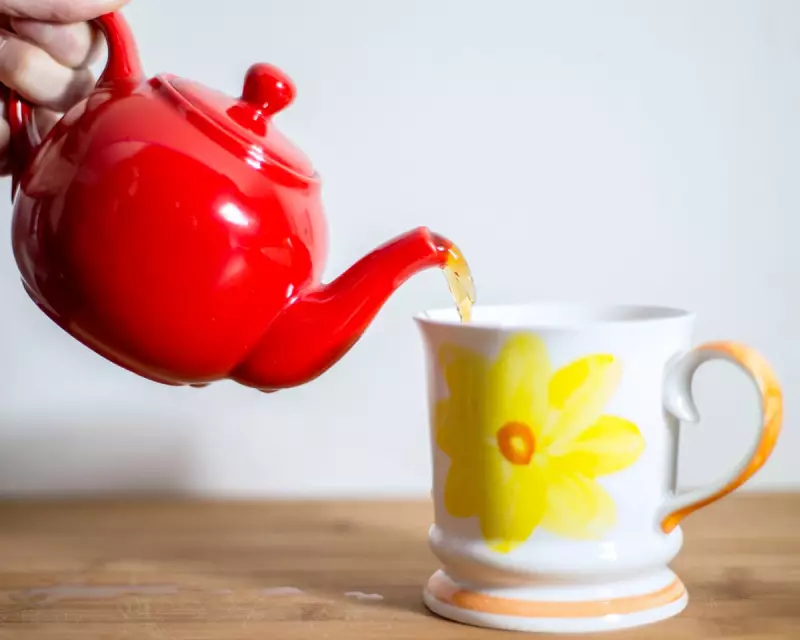
The chief executive of Britain's most iconic luxury food purveyor, Fortnum & Mason, has delivered a sobering assessment of the transatlantic trade landscape, blaming Trump-era tariffs for inflicting significant damage on UK tea exports to the United States.
In a stark warning to policymakers, CEO Tom Athron revealed that the punitive import taxes have created a major commercial hurdle for the 317-year-old Piccadilly institution. The tariffs, initially imposed during the previous administration, have made the quintessentially British product substantially more expensive for American consumers, directly impacting sales and market growth.
A Storm in a Teacup? Hardly.
This is far from a trivial matter. The United States represents one of Fortnum & Mason's most crucial and expanding international markets. The tariffs have effectively stifled this growth trajectory, putting a multi-million pound export trade at risk. The move is seen by many in the industry as a direct hit on a symbol of British heritage and soft power.
"The reality of these tariffs is that they hurt small businesses, British exporters, and American consumers alike," Athron explained. "We're talking about a product steeped in history and tradition, now caught in the crossfire of geopolitical trade disputes."
The Ripple Effect Across the UK Economy
The implications extend far beyond the hallowed halls of Fortnum's. The UK's premium food and drink sector, a critical export industry, faces heightened uncertainty. The tariffs disrupt complex supply chains and deter investment, with smaller artisan producers who rely on international exports feeling the pinch most acutely.
This situation presents a significant challenge for post-Brexit Britain as it seeks to forge its own independent trade agreements around the globe. The Fortnum & Mason case study highlights the vulnerability of even the most established British brands to shifting international trade policies and protectionist measures.
As the world watches the US political landscape, UK businesses are left wondering if this bitter trade policy will be allowed to infuse for longer, or if a new administration might finally take the kettle off the heat.





